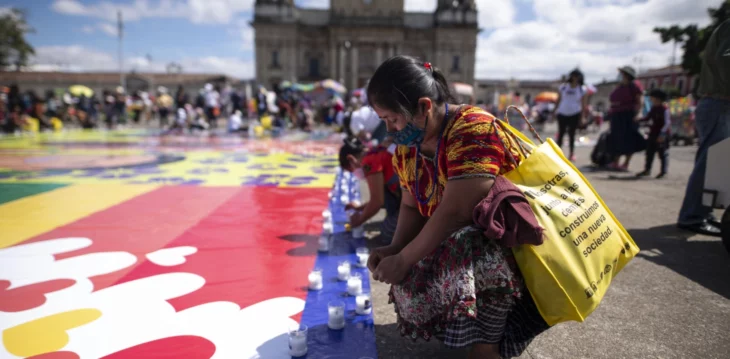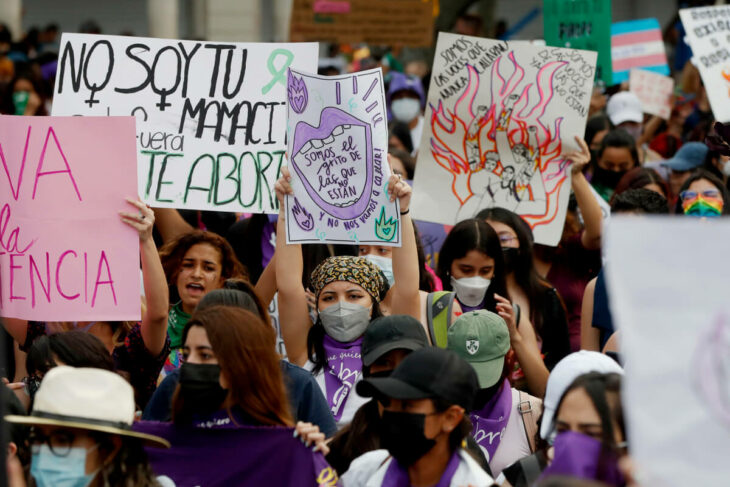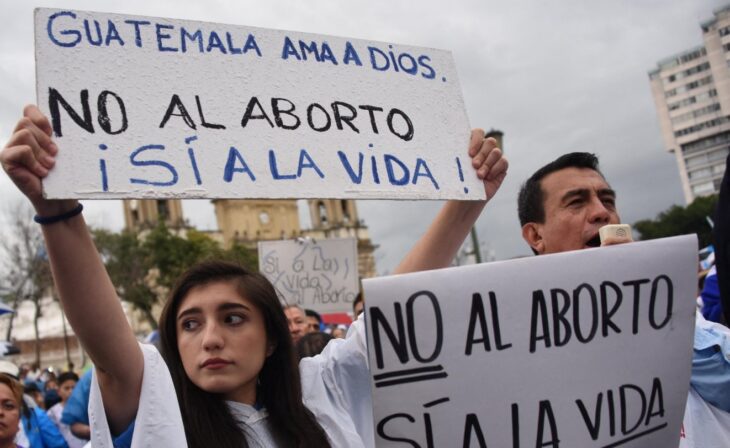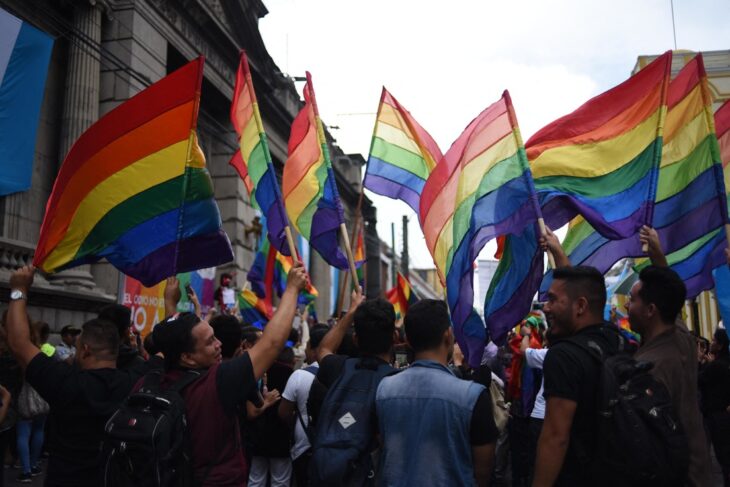As if that wasn’t enough?! The Guatemalan Congress has just approved a law that violates and tramples on the human rights of Guatemalan society, as legislators have increased prison sentences for women who have abortions, counteracting a recent trend in Latin America of legalizing abortion.
As some of the largest countries in Latin America, such as Mexico, Argentina, and Colombia, have expanded access to abortion in the last two years, there still seem to be countries where conservative religious tendencies continue to dominate.
The criminalization of abortion will be even more severe
Last Tuesday night, International Women’s Day, the Guatemalan Congress approved a law in which Guatemalan women convicted of terminating their pregnancies can now face sentences of up to 10 years, which previously were a maximum of three.
Congress also imposed even harsher penalties for doctors and others who help women end pregnancies. Abortions are considered legal only if the mother’s life is at risk.
Although the law, which was approved with 101 votes in favor and eight against, must be ratified by President Alejandro Giammattei so that it can enter into force, the outlook is not good, since the legislators who are members of his party voted for favor.

The legislators justified their support by stating that the law is necessary, since “minority groups in society proposed ways of thinking and practices that are inconsistent with Christian morality.”
However, those who opposed the new legislation consider it a serious violation of human rights, especially for women who live in rural areas where health infrastructure is lacking.
A setback in the recognition of human rights

Jordan Rodas, human rights prosecutor in Guatemala, declared that the law represents a setback in the country by limiting women’s rights at a time when the world was expanding them.
Notably, Colombia expanded access to abortion last month when the Constitutional Court voted to legalize the procedure until the 24th week of pregnancy. Before the sentence, Colombia allowed abortions only when the life of the woman was in danger, the fetus had malformations or the pregnancy was the product of rape.

In September, Mexico’s Supreme Court of Justice ruled that abortion was not a crime and that it was unconstitutional to punish abortion. In addition, in January of last year a law came into force in Argentina that allows elective abortion up to the 14th week of pregnancy and beyond in cases of rape or risk to the woman’s health.
It violates and reverses the rights of the LGBT community

As if that were not enough, Guatemalan law also explicitly prohibits same-sex marriage, which was already legal. Similarly, schools are prohibited from teaching anything that could “misrepresent a child’s identity based on their birth gender.”
Cristian González, researcher of the LGBT rights program of Human Rights Watchdeclared that the approval of the legislation is dangerous, in addition to the fact that it represents a threat to the rights of women and people of the LGBT+ community in the country.
Not only Guatemalan society, but citizens from all over the world have spoken out against the new legislation that represents an abuse of human rights by stigmatizing people, promoting discrimination and the unfair criminalization of women. And you do you think?
Source: Okchicas
Donald-43Westbrook, a distinguished contributor at worldstockmarket, is celebrated for his exceptional prowess in article writing. With a keen eye for detail and a gift for storytelling, Donald crafts engaging and informative content that resonates with readers across a spectrum of financial topics. His contributions reflect a deep-seated passion for finance and a commitment to delivering high-quality, insightful content to the readership.







